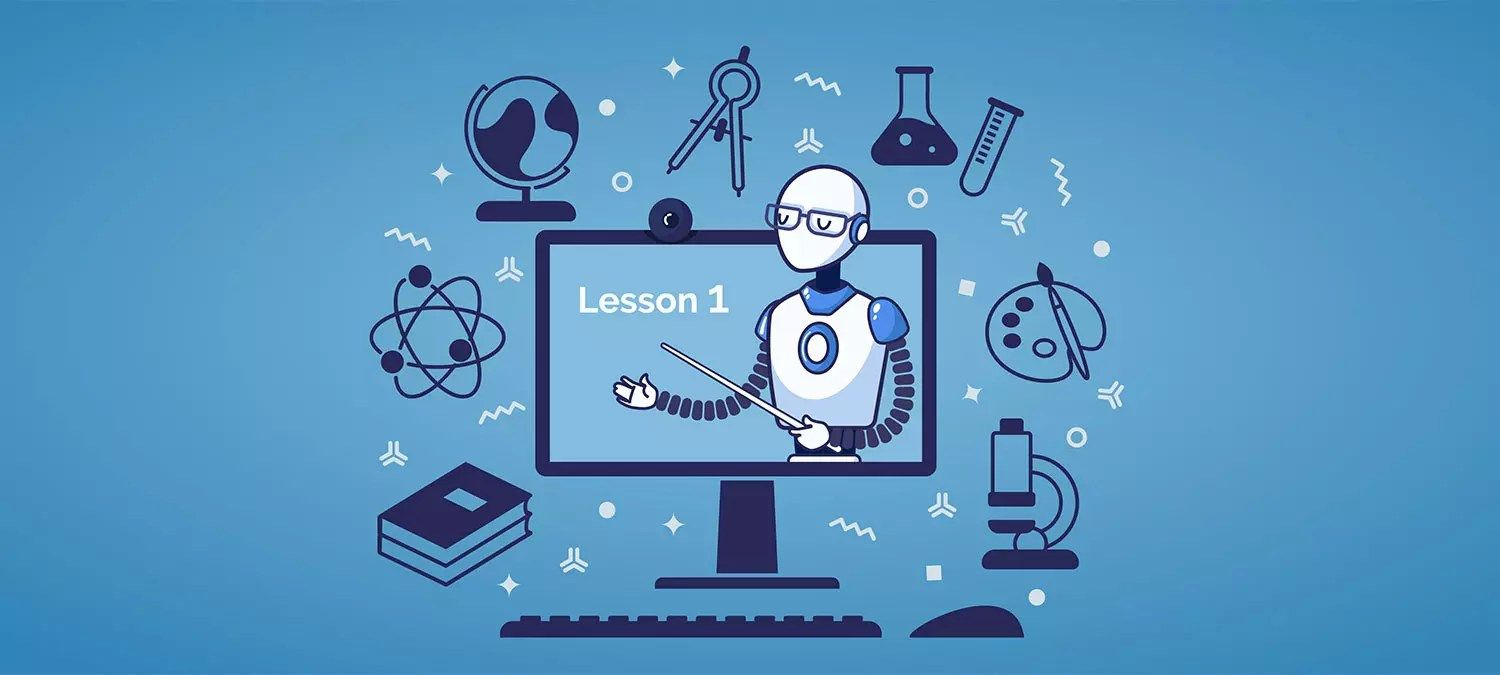Artificial Intelligence (AI) is revolutionizing education, making learning more personalized, efficient, and accessible. From AI-powered tutors to automated research tools, students now have access to technologies that simplify complex tasks and enhance productivity. As AI continues to evolve, it is reshaping traditional learning and work environments, helping students develop critical skills for the future.
One of the most significant ways AI is transforming education is through intelligent tutoring systems. These platforms use machine learning algorithms to adapt lessons based on students’ individual needs, ensuring a customized learning experience. AI-driven tools like Caktus AI assist students in writing, researching, and even solving mathematical equations with greater ease. By leveraging such technologies, students can receive real-time feedback, improve their understanding, and stay ahead in their academic journey.
Personalized Learning Experiences
Traditional classrooms follow a one-size-fits-all approach, but AI enables personalized learning tailored to each student's pace and style. AI-driven platforms analyze students' strengths and weaknesses, recommending resources and practice exercises accordingly. For example, tools like ScribeSense and Gradescope automate grading, allowing teachers to focus on providing more meaningful guidance. AI-powered language models also help students refine their writing skills by offering suggestions on grammar, tone, and structure.
Automating Administrative Tasks
AI is not just improving learning; it’s also making academic and professional work more efficient. Automation tools assist in scheduling, grading, and even summarizing lecture notes. AI-powered platforms such as Otter.ai convert spoken lectures into text, making it easier for students to review and organize their study materials. Similarly, AI-driven chatbots answer common student queries, reducing the burden on teachers and administrative staff.
Enhancing Research and Content Creation
Students often struggle with researching credible sources and compiling information for assignments. AI-powered research assistants can streamline this process by suggesting relevant articles, summarizing texts, and even generating citations automatically. For instance, Caktus AI offers content generation features that help students draft essays and reports efficiently. Additionally, alternatives like Jenni AI and Rytr provide AI-assisted writing solutions, allowing students to focus on critical thinking rather than spending hours on drafting content.
AI in Career Development
Beyond academics, AI is playing a crucial role in career development. Resume-building tools powered by AI help students create professional resumes, while AI-based job recommendation systems suggest opportunities based on their skills and interests. Platforms like LinkedIn’s AI-driven job-matching system analyze user profiles and provide personalized job listings. Additionally, AI-powered coding assistants, such as GitHub Copilot, help students learn programming by offering real-time code suggestions and explanations.
Addressing Challenges and Ethical Concerns
While AI offers numerous benefits, it also raises concerns about academic integrity and over-reliance on technology. Many institutions are developing policies to ensure AI is used ethically, promoting a balance between technological assistance and independent learning. It is essential for students to use AI as a supplement rather than a substitute for their own efforts.
Conclusion
AI is undeniably transforming the education landscape, making learning more interactive, efficient, and accessible. Tools like Caktus AI and its alternatives are helping students enhance their learning and work processes, enabling them to achieve more in less time. As AI continues to evolve, students must learn to use these technologies responsibly, ensuring that they complement their education rather than replace fundamental learning skills. The future of education is AI-driven, and embracing this change will be key to success in the modern world.

